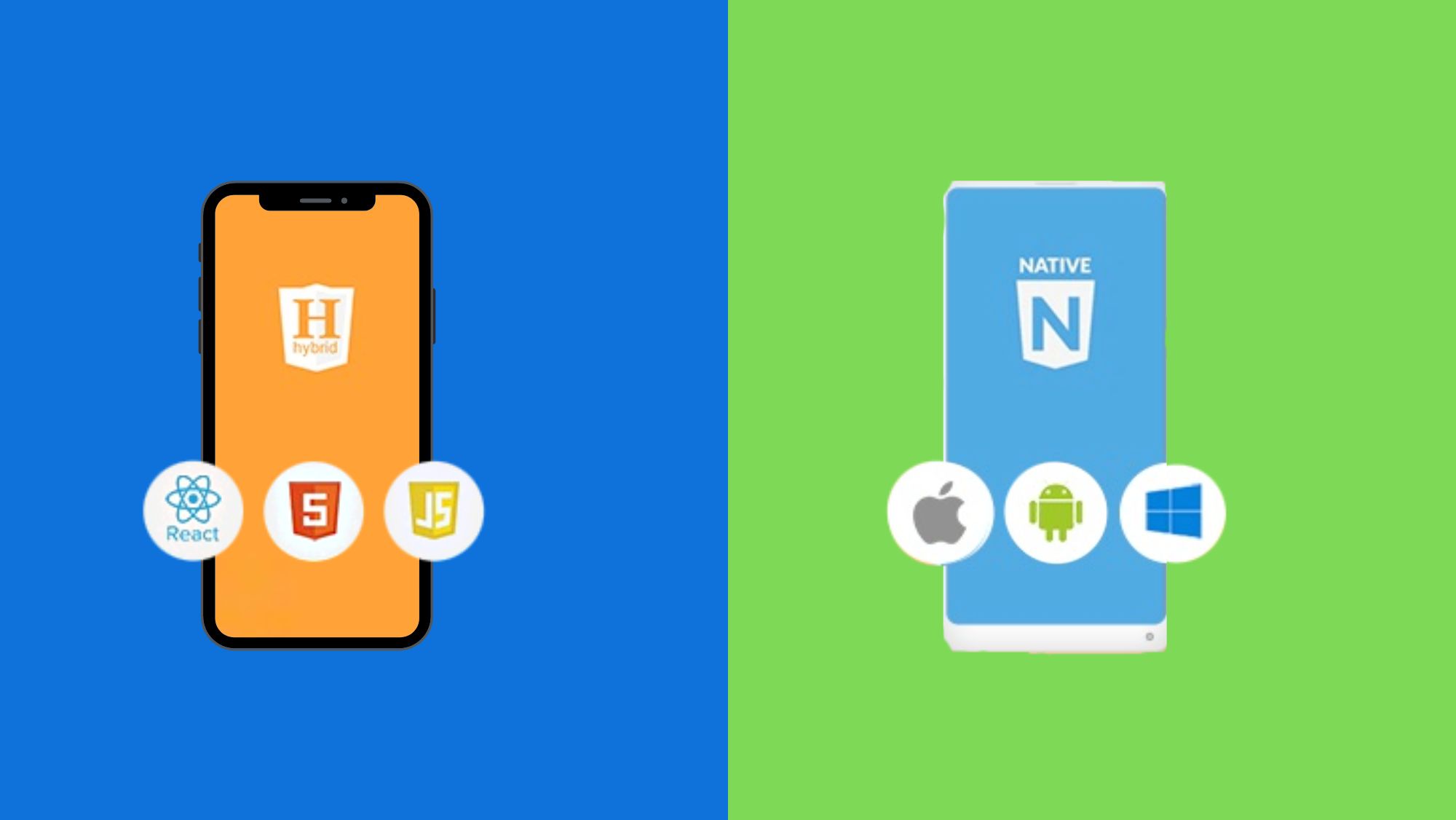
The most common dilemma that arises if you wish to develop a mobile application is to make the right choice between the different approaches to get the app developed. This blog will help you know the difference and pick the most appropriate between Hybrid mobile app and Native mobile app.
NATIVE MOBILE APPLICATION:
One of the most prevalent apps is the Native Mobile App. Native means that this mobile app is particular for each platform. We use platform-specific tools and APIs to activate all kinds of operations in the application. Native proposal stores the app resources in the device memory and ensures utmost utilization of OS features. The advantage of choosing Native mobile app is that it is the quickest and most dependable. Some of the the frameworks for Native app development are Xamarin, React native.
The main features of a native app are:
HYBRID MOBILE APPLICATION:
Hybrid mobile application incorporates native code alongside platform-independent code. The code is penned adopting the classic web technologies (JS, HTML & CSS) and then it is loaded as a native app, with a Webview. With the onset of frameworks like React Native, this approach can be executed with much exiguous efforts while simultaneously accomplishing precision. When launching a Hybrid application, it is agnostic i.e. once the app is built it can be released across multiple platforms. A Hybrid app consists of two parts :
The first is the backend code built using the languages such as HTML,CSS and Javascript.
The native shell that is downloadable and loads the code using Webview forms the second part.
Some of the the frameworks for Hybrid app development are Cordova, Ionic, Framework7, Titanium Appcelerator.
The major aspects of a hybrid app are:
NATIVE V/S HYBRID APPLICATION:
To sum-up the differences between the two:
WHICH APPROACH TO GO WITH?
The argument around which type of app is the best is still significant today as the difference between the two approaches is becoming progressively obscure.
The important aspect to keep in mind here is that you shouldn’t find an approach for the technology but instead make a decision based on what you want your app to do. Native and Hybrid Applications have their own advantages and disadvantages as we have already considered in the blog. The decision about the choice of application rely largely on the specifications of the organization. It also depends on how fast you need the app and it’s time to market, the user experience aspects, intricacy of features and total cost allocated.
The bottom line is that each type of application offers a completely different experience altogether hence it is important to inspect the strengths and weakness of each approach before adopting any of them to develop your app.
No Comments Yet
Let us know what you think